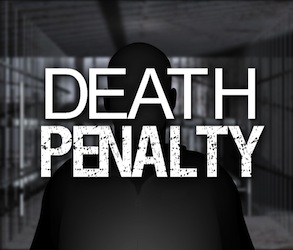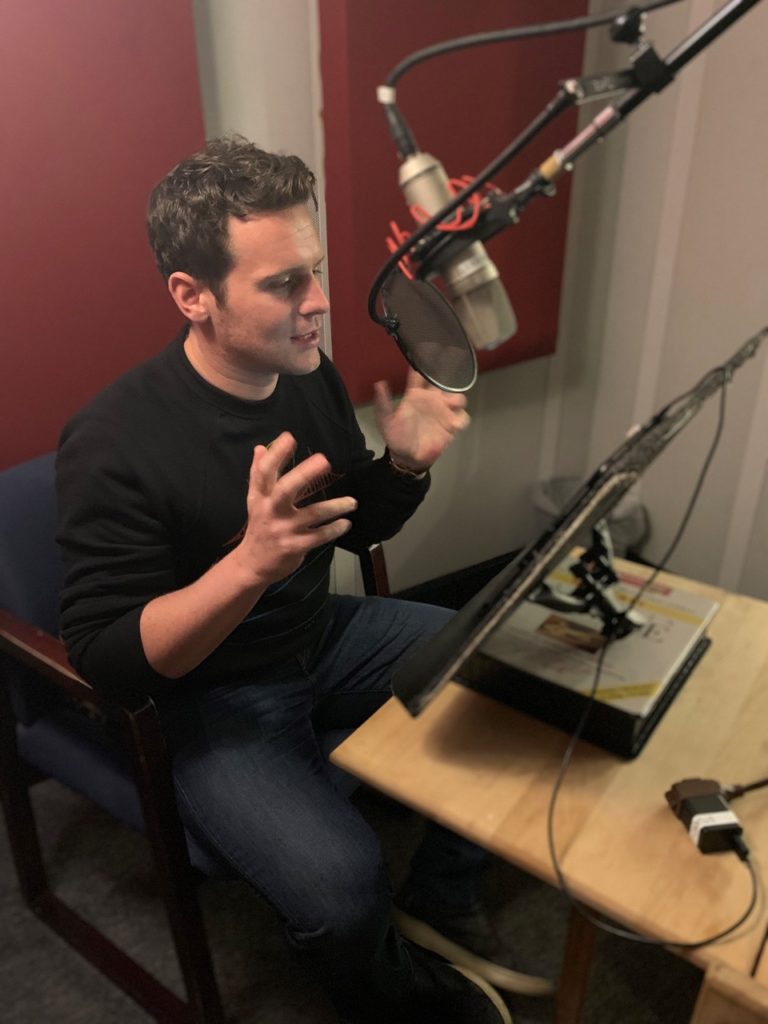Commenting on a recent post, “On the Death Penalty,” our thoughtful reader M in Australia poses the following question: “Does it really help the family and friends who’ve lost loved ones to have the perpetrator put to death rather than live out their sentence (sometimes their life) behind bars?”
First, we want to commend M for taking the feelings of murder victim survivors into consideration in framing the argument over capital punishment. It is something we have been advocating a long time.
The answer to the question, from our rather extensive experience, is: Sometimes.
From a societal and legislative standpoint, we have to treat each murder as a statistic. But in “real life,” each one is a devastating personal event that changes everything, and everyone, that it touches. And no matter the outcome of the investigation, trial, or punishment imposed by judge or jury, the one word victim families and friends almost never want to hear is closure. For the people we in the victims movement refer to as “homicide survivors,” there is no closure – ever. There are only varying degrees of pain, loss and healing.
Given that reality, some survivors can be satisfied that justice was done, however that is defined in a particular state or foreign territory. If the maximum penalty is life imprisonment, then so be it, although we find they are often more “comfortable” if there is a no parole stipulation attached to the sentence.
In other instances, including one with which we are involved at the moment, it is most important for a survivor to personally confront the killer, make him (occasionally her) deal with the enormity of the horror he has created, and then forgive him. It doesn’t mean absolution, which implies clearing of guilt or blame, and it doesn’t mitigate the state-imposed punishment. These are complicated emotional processes, and there is a danger in attempting to oversimplify them. But what forgiveness does for the survivor, in many cases, is lift the burden of hatred and prove that the victim and survivor subscribe to a higher value system that does not include the wanton disregard for life.
Other survivors, for equally just and valid reasons, feel that however they may feel personally, forgiveness is not within their gift – that the only one with standing to forgive is the victim herself, and because of what the offender has done, that is not possible in this world. For those individuals, we’ve found, imposition of the death penalty does help.
We have known Jack and Trudy Collins ever since the trial of Sedley Alley, the man who was convicted of the horrific torture murder of their beautiful 19-year-old daughter, Marine Lance Corporal Suzanne Collins, the night before she was to graduate from avionics school at the Naval Air Station in Millington, Tennessee. We stood by these people who became close and dear friends all of the years they strove to have the jury’s death sentence imposed, an event that finally happened twenty-one years after the crime – longer than Suzanne was alive on earth.
Jack and Trudy were not interested in revenge, and they refused to waste their emotion or inherent goodness “hating” Alley, who had never even met their daughter when he targeted her for a hideous death. As Jack, an attorney and retired foreign service officer explained their quest for the sentence to be carried out, in our book Journey Into Darkness:
“It’s a way of society balancing the scales, giving the victims and their families a feeling of satisfaction for what was done to them, to make them whole as far as possible or restore integrity – the quality or state of completeness – to both the people and the system. Nothing will ever bring Suzanne back to us. But even if this retribution doesn’t bring complete closure, it shows us that society, the jury, and the entire criminal justice system care enough about us to see to it that our daughter’s killer receives his appropriate punishment. It lets us know that they did right by us as far as they could.”
And it lets Jack and Trudy know that they did right by Suzanne as far as they could.
If various sentences or actions help survivors in individual cases, we are all for them. But as far as we are concerned, if the legally imposed death of a vicious killer helps ease the burden of the survivors in any meaningful way, that is an extremely reasonable and fair price to pay.




























Firstly, thank you. I appreciate you taking the time to delve deeper into this one. As you say, stats & real life while related are not necessarily the same. Feelings are complex things. Also individual differences can be huge.
You made some points regarding the needs of victims that I may have downplayed at times as my focus tends to be on the ‘whole’. I agree that it is fair for families & friends to feel that “right has been done by them”. That is certainly not always the case here in Australia where sentencing can be confusing – too lenient.
I could list many examples of perpetrators being released only to commit more, even worse, violence.
Most likely I will continue my opposition to the death penalty but you have given me a deeper understanding of the issues involved for those close to the victim – the survivors. I realize this is important.
‘No parole’ for many incarcerated is something I strongly support and again you’ve highlighted for me how this would help the families as well as society as a whole.
One final point. The opportunity to confront those who’ve committed crimes against those you love is no doubt a positive step, though I imagine it works only a certain type of perpetrator – I.e one capable of remorse, otherwise it may feel like a further assault. My current knowledge of legal practice is limited, but I’m sure this is something that is taken into account when organizing these meetings.
As I have told my kids, the law has many inadequacies but without it we would be quite lost. The way forward is continual improving in various areas, hearing different points of view & the inevitable compromises where necessary.
(Pls excuse any mistakes here – I’m away & responding on my mobile)